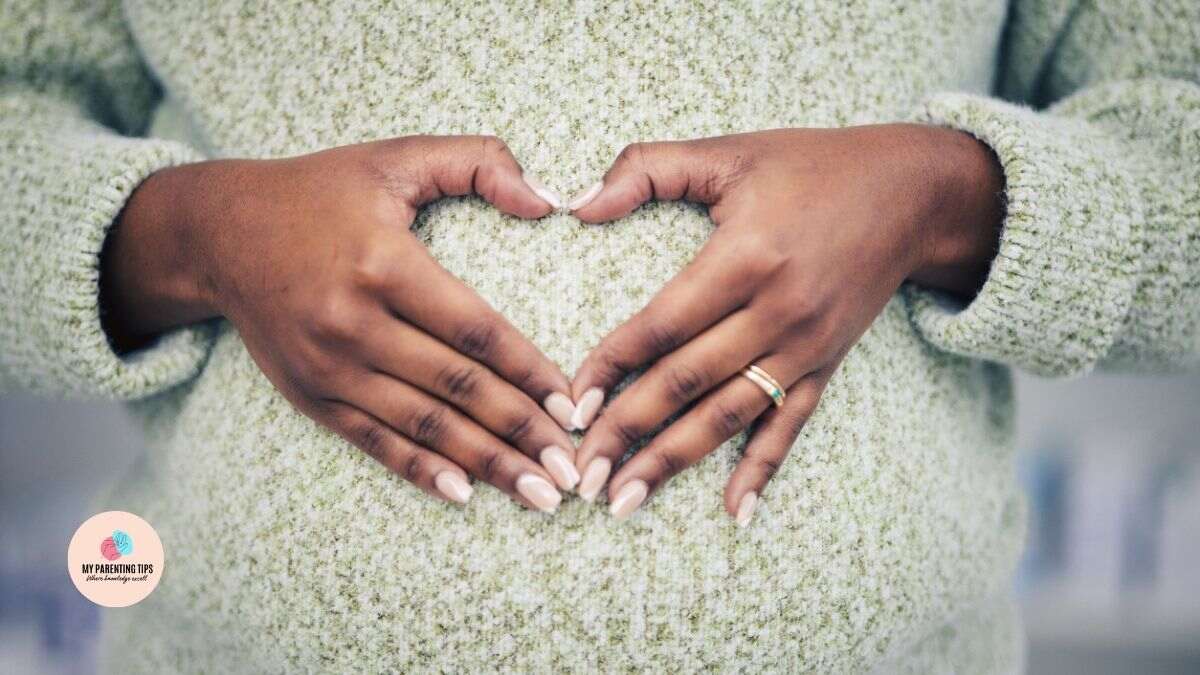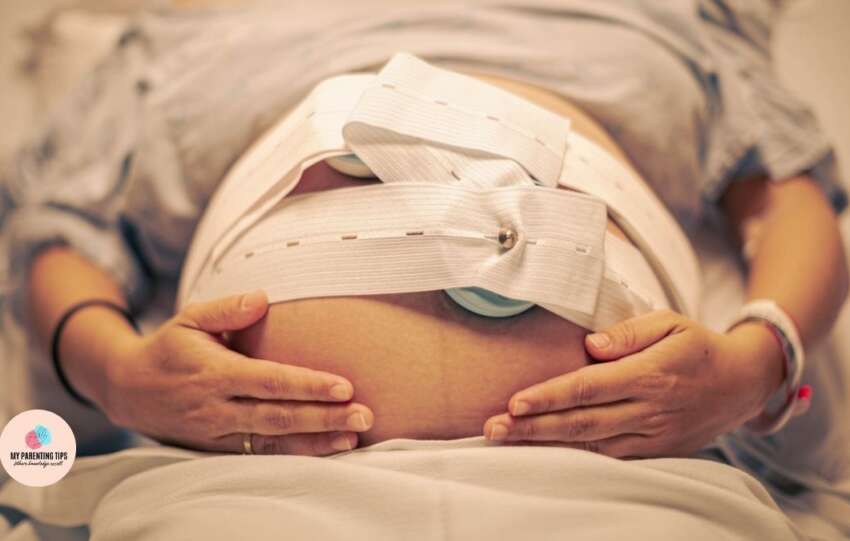What are The Early Signs of Pregnancy and Symptoms?

“This article is a thorough overview of the first pregnant symptoms you might experience, how they vary from PMS, and what actions you should take moving forward.”
Specifically, as your body starts to show Signs of Pregnancy, the possibility of pregnancy might thrill and pique interest. Knowing these early symptoms of pregnancy can enable you to spot when anything could be changing.
Tiredness and Exhaustion
Overwhelming tiredness is one of the first symptoms many women notice. Early in pregnancy, progesterone levels climb dramatically, which can cause unusual tiredness. Your body is also helping a growing embryo, which calls for more energy and can lead to weariness.
If you find yourself very fatigued, think about relaxing more and, if at all feasible, changing your plans. Additionally helping your energy levels are a balanced diet and enough water.
Morning Sickness and Nausea
Usually starting the fourth to the sixth week of pregnancy, nausea also known as morning sickness often strikes. Mostly caused by hormonal changes, particularly the surge in human chorionic gonadotropin (hCG), this queasiness Though it’s known as morning sickness, nausea can strike at any hour of the day.
Eat little, frequent meals, and keep hydrated to control nausea. Many ladies discover that simple crackers or ginger tea helps with symptoms. Usually, by the end of the first trimester, nausea passes; other cases endure longer.
Changes and Tenderness of the Breast
Among the first physical clues of pregnancy are changes in breast tenderness. Your breasts can seem fuller, more sensitive, and occasionally heavier depending on hormonal changes. Your nipples might also be darker or your breasts show more veins.
Usually first seen in the first few weeks following conception, these changes are a Normal reaction of your body getting ready for nursing.
Is Blood Evidence of Pregnancy?
You might question, “Is blood a sign of pregnancy?” Though only in certain terms, the answer is yes. About six to twelve days after conception, when the fertilized egg hooks to the uterine lining, light spotting also known as implantation bleeding may occur.
Usually less than a menstrual cycle, this bleeding signals pregnancy for some as one of the first signs.
Usually lasting only one day or two, implantation bleeding shows as faint pink or brownish spotting. If you’re not sure, a few days later a pregnancy test will help to clarify things. See symptoms of pregnancy: What happens first to learn further early signs.
Regular Urinating
An early indication of pregnancy is increased frequency of urination. You might find yourself more frequently visiting the bathroom as the body directs greater blood flow to the kidneys. The developing uterus strains your bladder, thus this transformation starts in the first few weeks and lasts all through pregnancy.
Although frequent urination can be annoying, you should be hydrated to help your body and the growing pregnancy.
Emotional swings
Hormonal changes in early pregnancy often cause mood swings. Like premenstrual syndrome (PMS), you can find yourself feeling especially emotional or agitated, although usually more extreme. Though difficult, these emotional shifts are a normal reaction to higher hormone levels.
Managing these mood fluctuations requires time for self-care and conversation with a spouse or someone who supports you.
Bloating and moderate cramps
Early pregnancy can also cause moderate cramps and bloating, which commonly mimic premenstrual symptoms. The slowing down of digestion brought on by increasing progesterone could cause bloating and gas. The uterus also starts to grow, giving one a feeling akin to menstruation cramps.
Generally speaking, mild cramps are typical; nevertheless, see your doctor if you have extreme pain or excessive bleeding.
Food Cravings and Aversions
Early on in pregnancy, sudden food cravings or aversions may strike. Certain smells or tastes may be stronger than usual, which would cause cravings or a hatred of things you used to appreciate. Common during pregnancy, this alteration is also brought on by hormone changes.
Though you are sure you are going to get the required nutrients, keeping a balanced diet and paying attention to your body will help you manage these urges.
Healthy Basal Body Temperature (BBT)
If you measure your basal body temperature (BBT) for fertility, a higher BBT that stays high outside of your usual cycle might represent the first indicator of motherhood.
Usually starting sometime after ovulation, BBT could stay higher should pregnancy take place.
If you already keep an eye on your BBT, this is a subtle indication of pregnancy and could be useful.
For those with normal menstrual cycles, the most clear indication of pregnancy is generally a missed period. Some women, meantime, may have modest spotting around the time their period is due akin to implantation bleeding. If you missed a period, then contact your doctor.
Having a Pregnancy Test
Usually accurate from the first day of missing menstruation, home pregnancy tests Some early-detection tests, meanwhile, may show findings sooner by identifying hCG, the hormone generated during pregnancy. Should your test come back positive, make plans to contact your doctor to verify and start prenatal treatment.
How to get aware of Early Pregnancy Signs?
Bloating, nausea, and tiredness are the Early pregnancy symptoms, which can sometimes coincide with PMS, so it may be difficult to separate the two. Paying close attention to a mix of these symptoms especially a missing period can, however, be a significant sign of pregnancy.
Tracking symptoms in a journal or pregnant app will enable you to spot trends and early on any indications.
Conclusion
Finding early pregnancy symptoms can be a motivating first step toward verifying your pregnancy and starting a proactive path for a healthy journey. From tiredness and breast sensitivity to implantation bleeding and food cravings, every symptom offers an insightful analysis of the changes occurring in your body. Think about getting a pregnancy test and speaking with your doctor in case you experience a mix of these symptoms and miss a period, to begin your prenatal treatment.
Disclaimer
This article provides general information and is not a substitute for medical advice. Please consult a healthcare provider for personalized guidance on early pregnancy signs and care.



